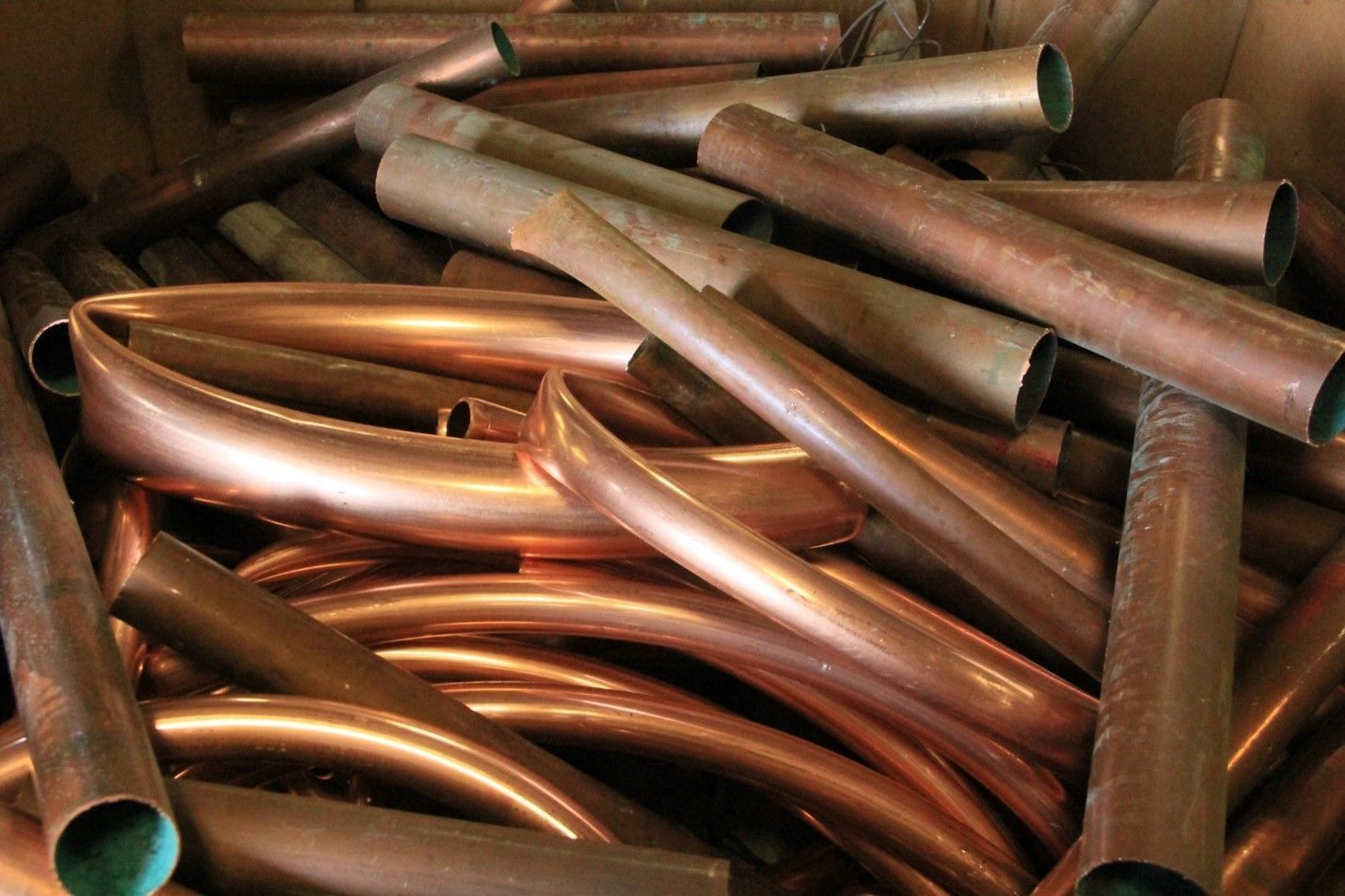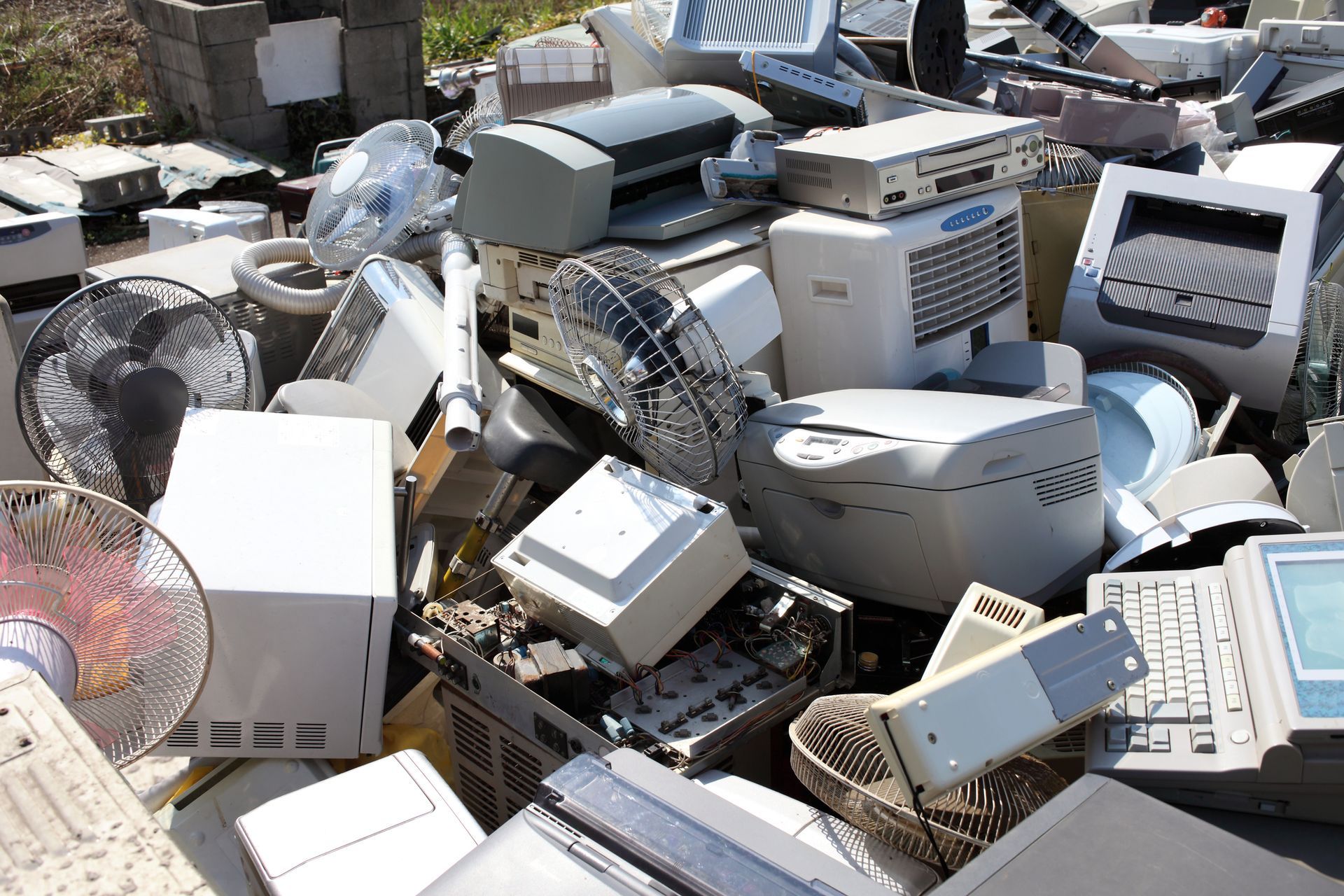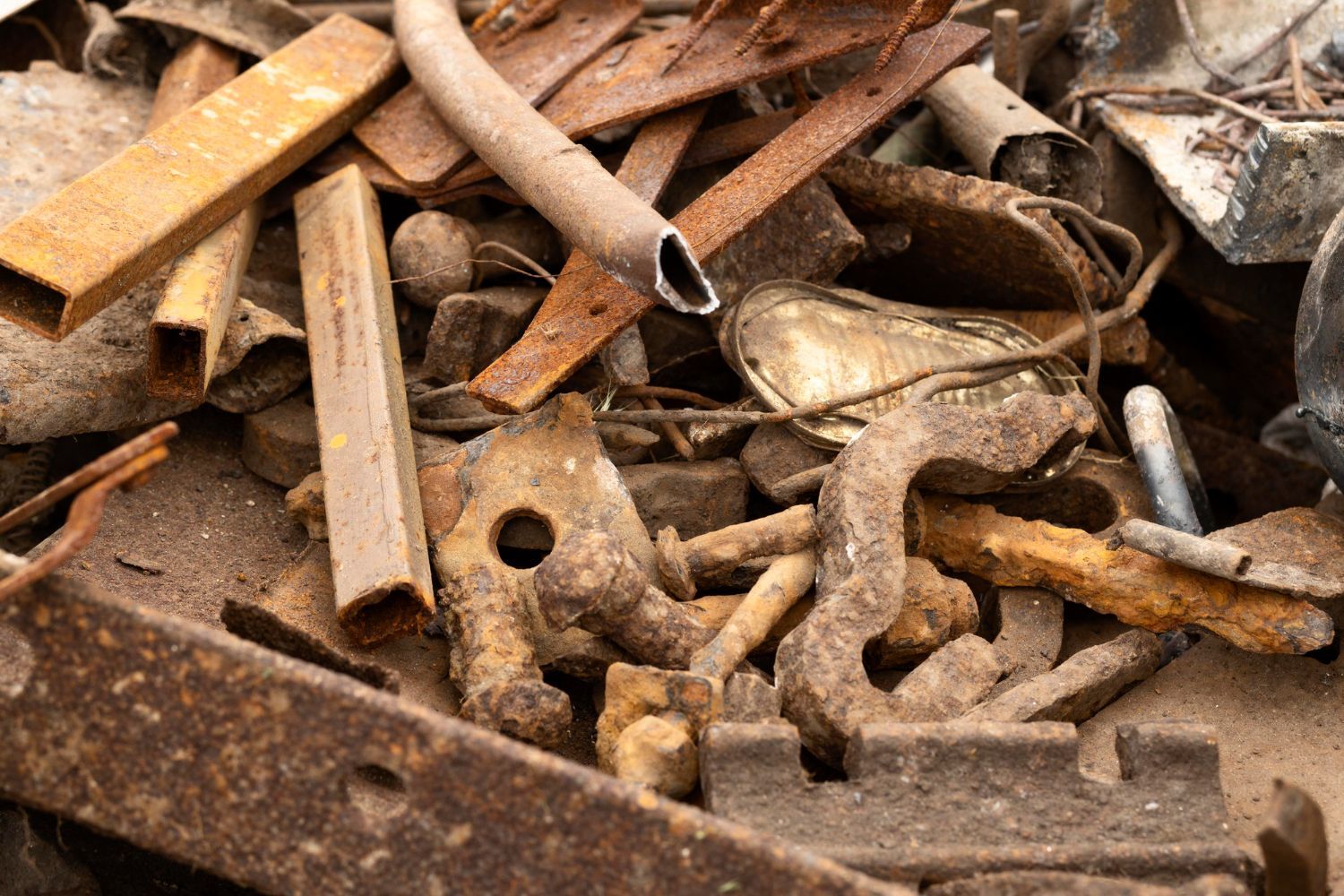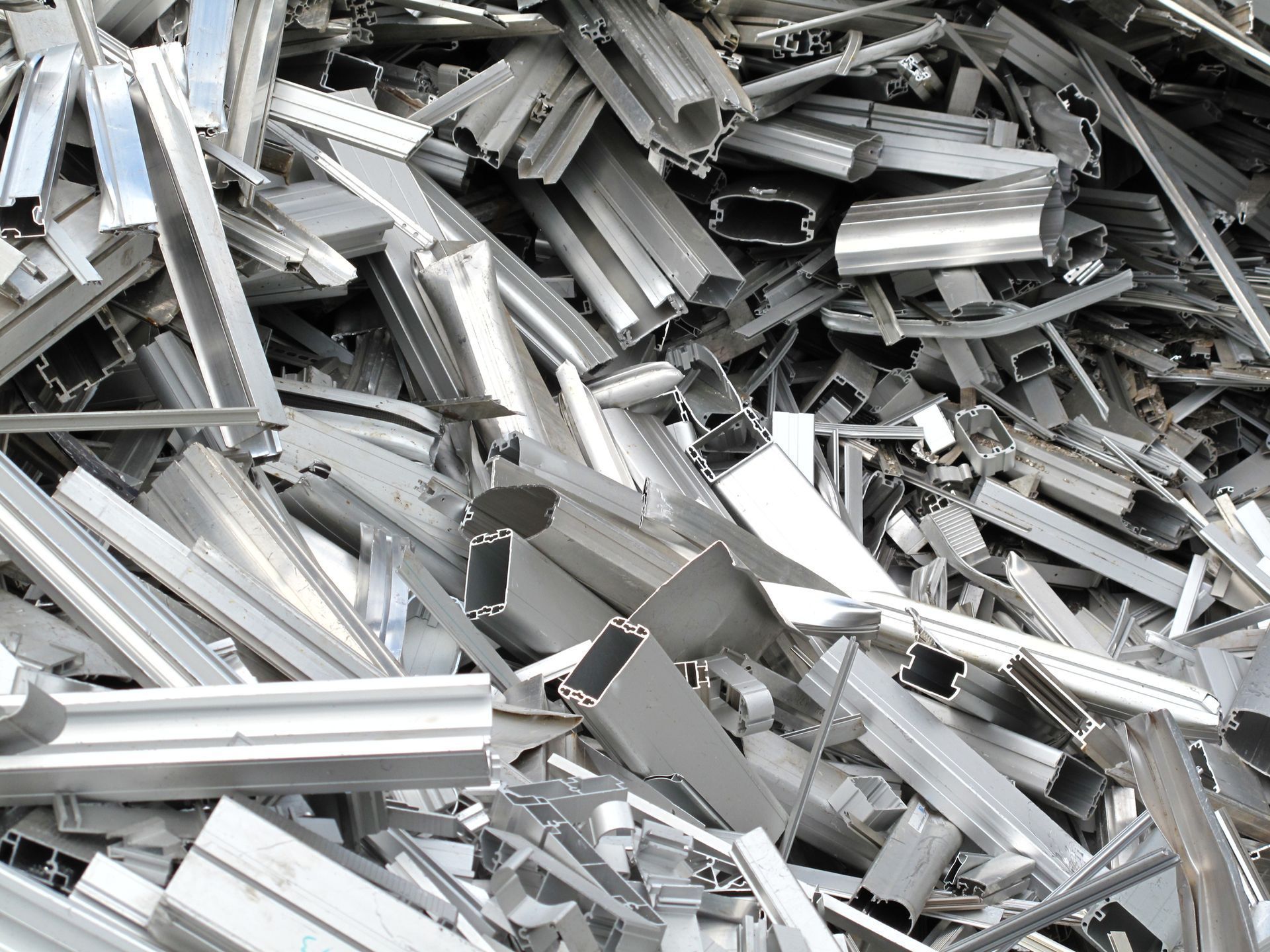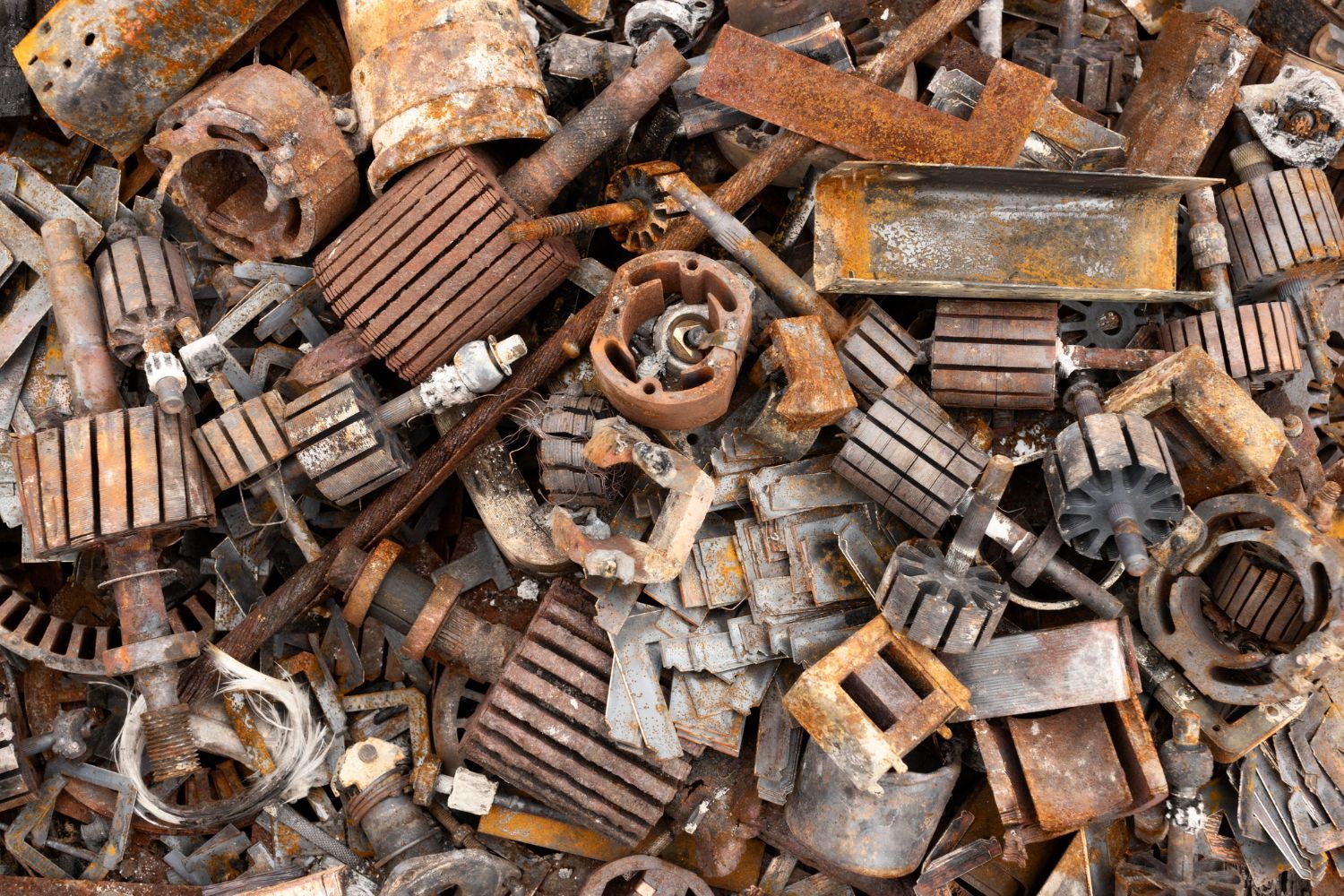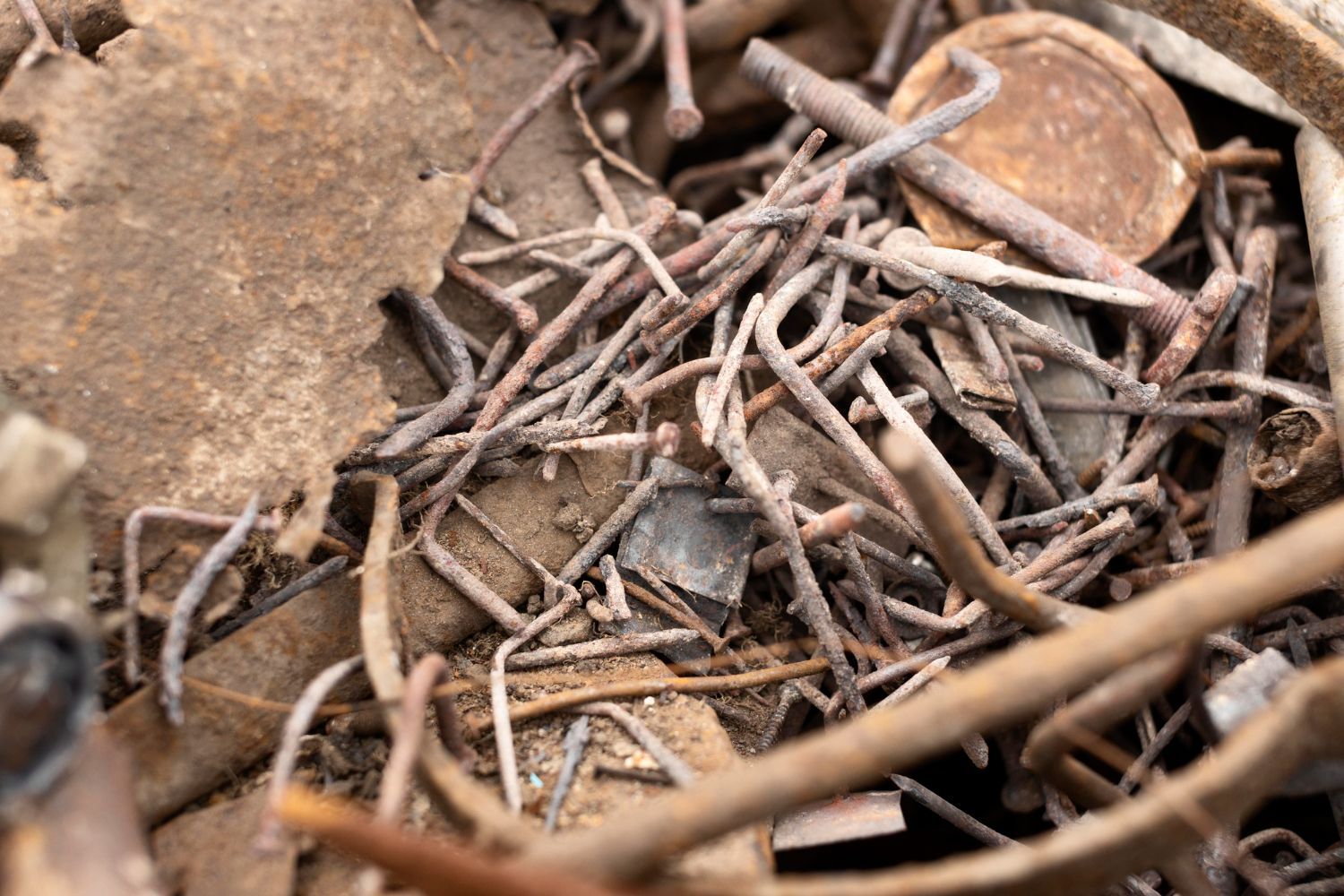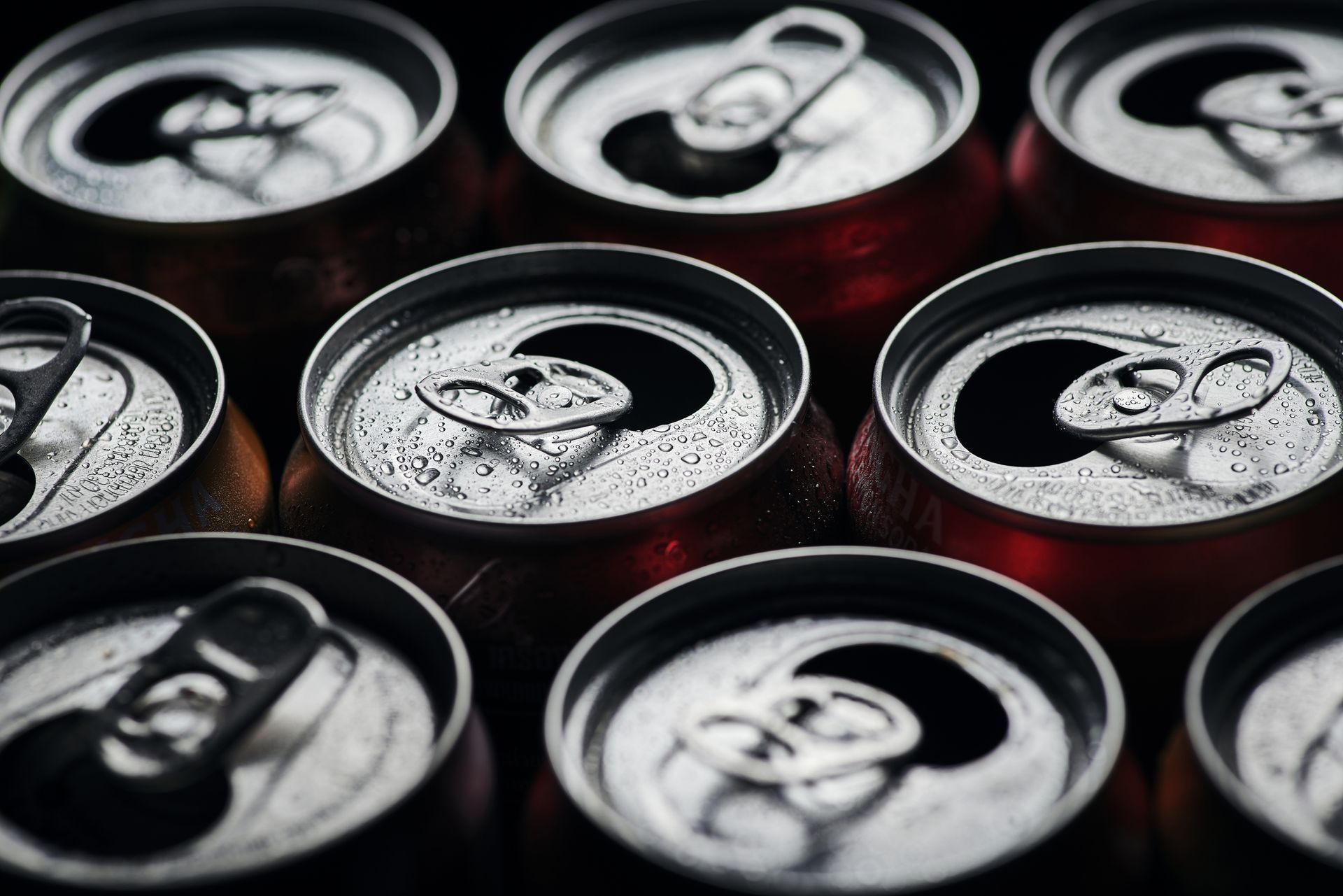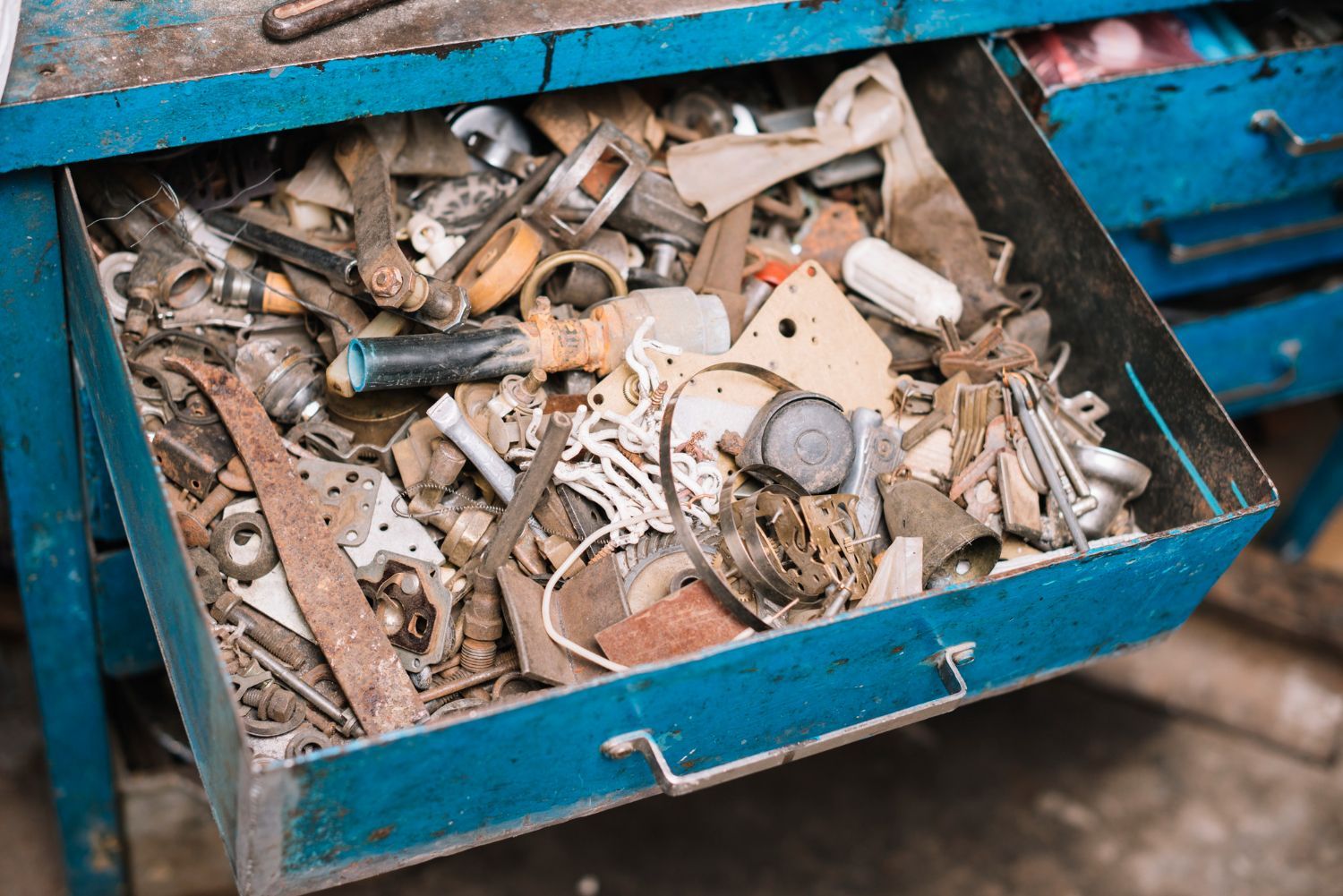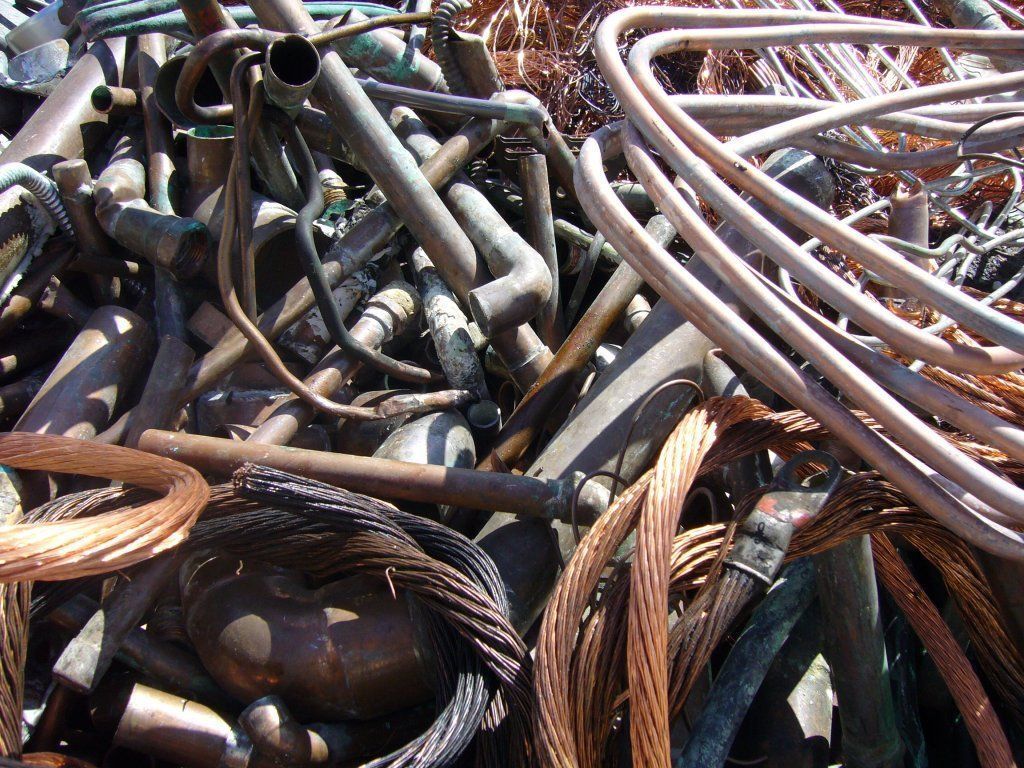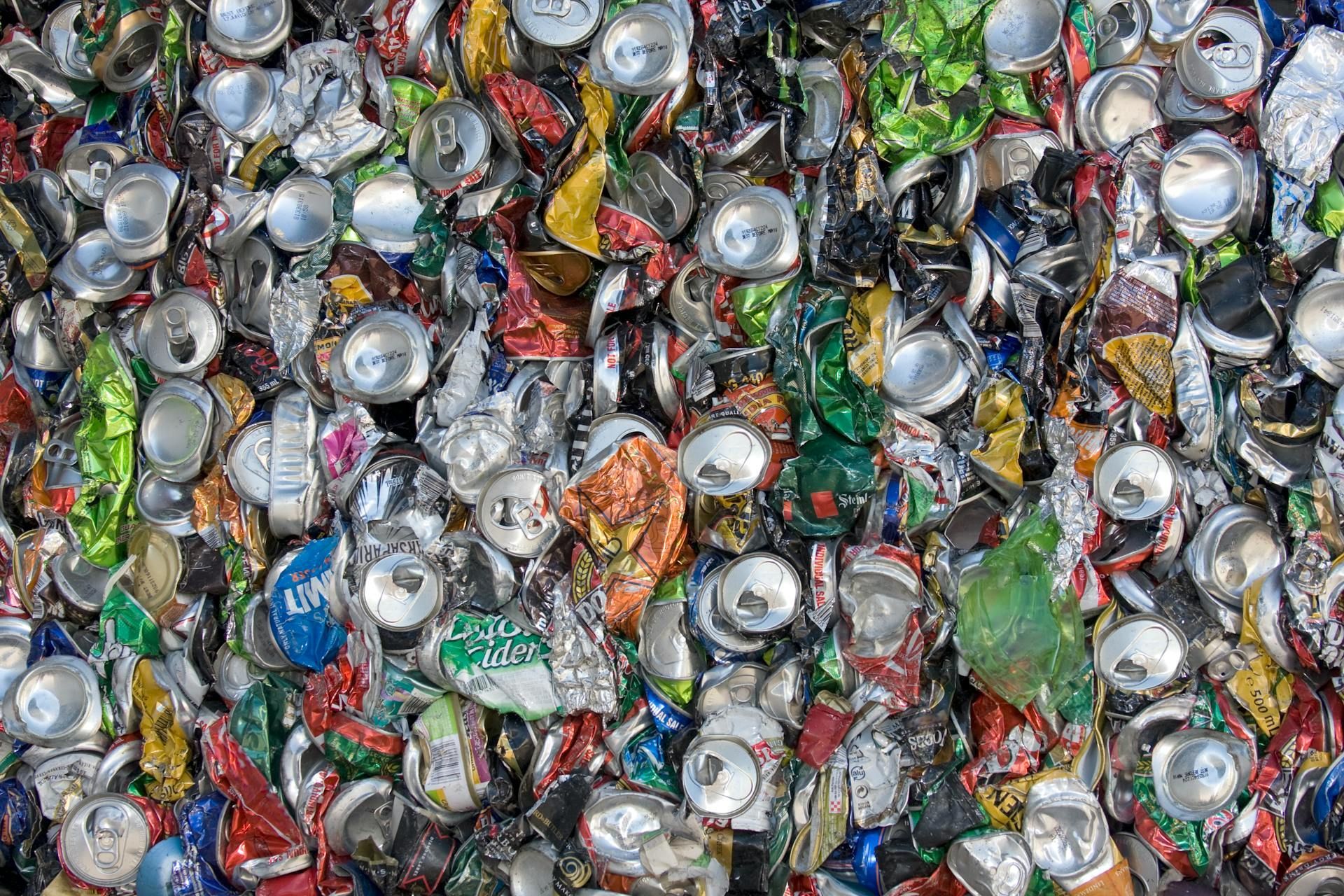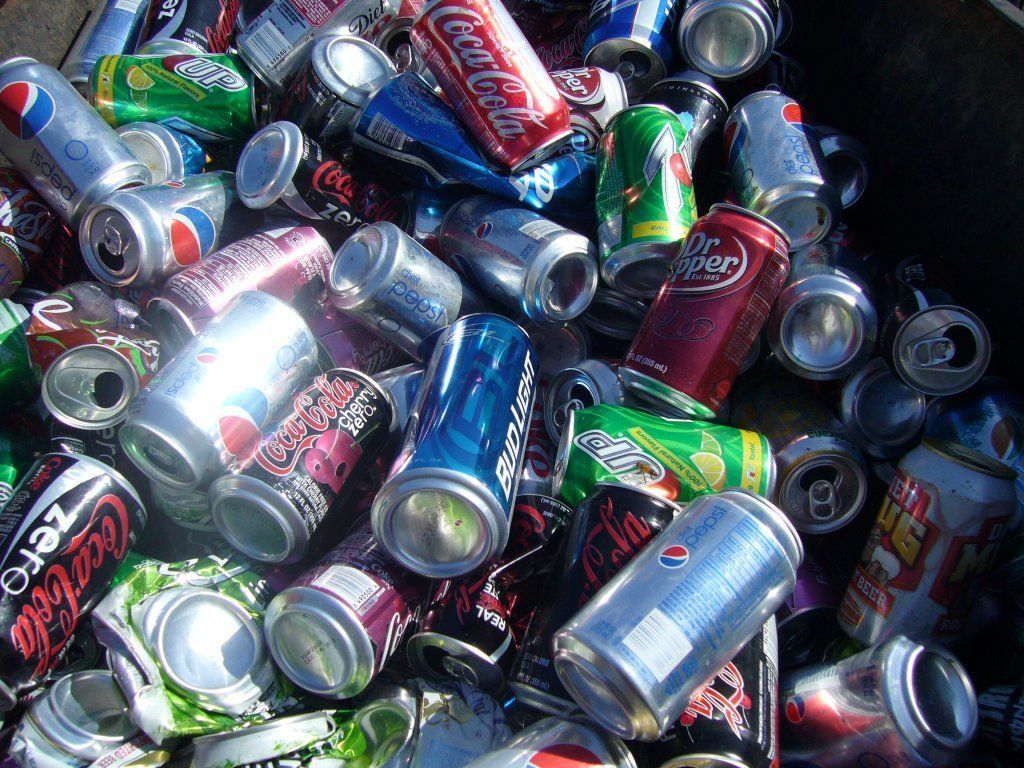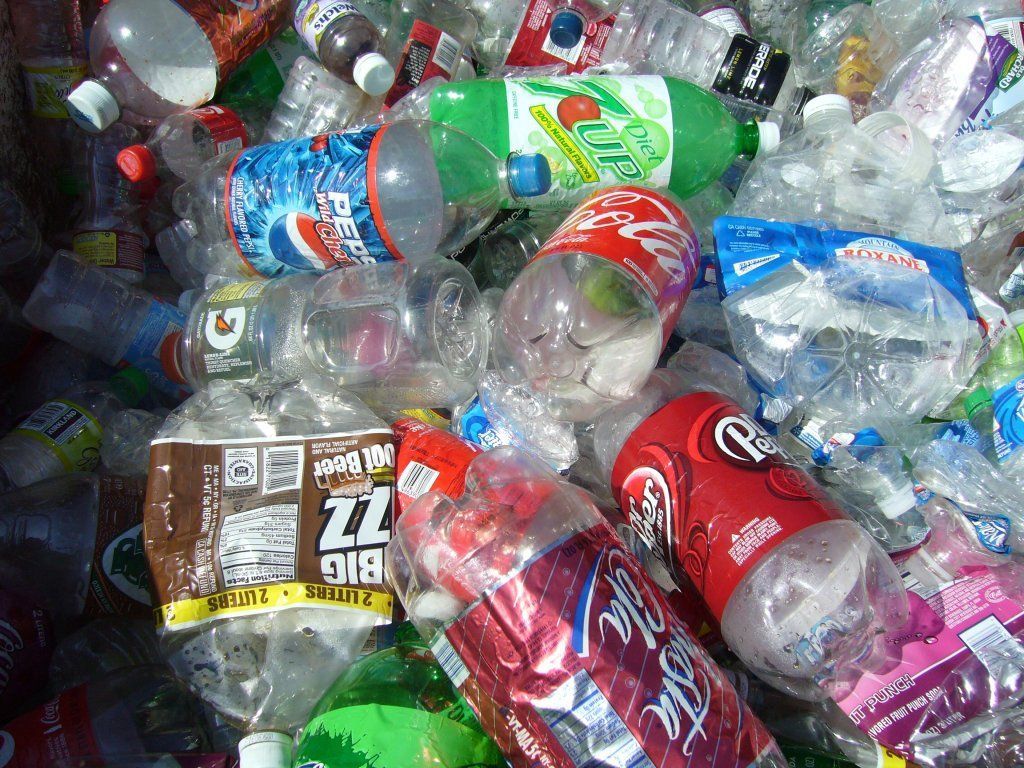How to Recycle Plastic Waste | Bruce Metal & Salvage
Recycling personal-use plastic plays a crucial role in reducing waste and promoting environmental sustainability. Many individuals are eager to contribute, yet the process can often seem daunting. This guide will provide practical insights into how to effectively salvage and recycle your plastic products, helping you navigate the recycling landscape with ease.
1. Understanding the Importance of Recycling
Recycling plastics has a significant impact on conserving natural resources, reducing landfill waste, and minimizing the demand for new plastic production. When plastics are recycled, they can be transformed into new products, thereby extending their life-cycle and decreasing environmental harm. By understanding what can be recycled and how to prepare these items for recycling, individuals can actively support the effort to combat pollution and promote a circular economy.
2. Identifying Recyclable Plastics
Before transporting your plastic recyclables to a recycling center, it is essential to identify which types of plastics are accepted. Common items such as beverage containers, detergent bottles, and food containers often fall within the acceptable categories. Most recycling programs follow the guidelines set by the Society of the Plastics Industry, which uses a numerical system ranging from one to seven to classify plastics. Generally, plastics marked with numbers one (PETE) and two (HDPE) are the most widely accepted, while others may vary by location. Understanding these classifications will help you distinguish between recyclable and non-recyclable plastics, ensuring that you only salvage what can be processed by your local recycling facilities.
3. Preparing Plastics for Recycling
The preparation of plastic items before recycling is a critical step that cannot be overlooked. Be sure to rinse out any liquid residue from your containers, as leftover liquids can contaminate entire batches of recyclables, rendering them unsuitable for recycling. Labels on containers are generally acceptable, but if you have the option to remove them, it is advisable to do so. Breaking down larger containers can also be beneficial, as this maximizes space in your recycling bin and makes transportation more manageable. Furthermore, ensure that no additional materials, such as metal caps or straws, remain attached to your plastic items, as these can complicate the recycling process.
4. Locating Your Nearest Recycling Center
Finding a suitable recycling center to take your plastics can be accomplished through several resources. Most municipalities maintain online databases where residents can search for local recycling facilities, making it easy to identify the nearest location. Additionally, the Environmental Protection Agency (EPA) provides tools that allow individuals to locate recycling centers in their area. When choosing a facility, verify their specific recycling guidelines to ensure that your materials align with their capabilities. Knowing what types of plastics they accept will aid in your organization and preparation process.
5. Understanding Recycling Processes
Upon reaching a recycling center, it is helpful to familiarize yourself with the specific processes involved in recycling plastics. Typically, accepted recyclables are sorted, cleaned, and processed into small plastic flakes or pellets. These raw materials can then be used in the production of various consumer goods, ranging from new containers to textiles. Maintaining awareness of the steps taken in recycling plastics fosters a deeper understanding of the importance of your contribution and the collective impact of community recycling efforts.
6. The Broader Impact of Recycling
As an individual engaging in plastic recycling, your efforts contribute to a larger movement toward sustainability and reduced environmental impact. The salvaging of plastics supports industry initiatives aimed at advancing recycling technology, creating a market for recycled materials, and stimulating economic growth within the recycling sector. By making recycling a regular practice in your life, you not only help reduce waste and pollution but inspire others in your community to do the same.
Incorporating the recycling of personal-use plastics into your routine is an achievable and impactful practice. Each small action contributes to a larger vision of environmental stewardship, demonstrating that we can make a significant difference in reducing plastic pollution and promoting sustainable living.
Contact us at Bruce Metal & Salvage to learn more about recycling your plastic.




